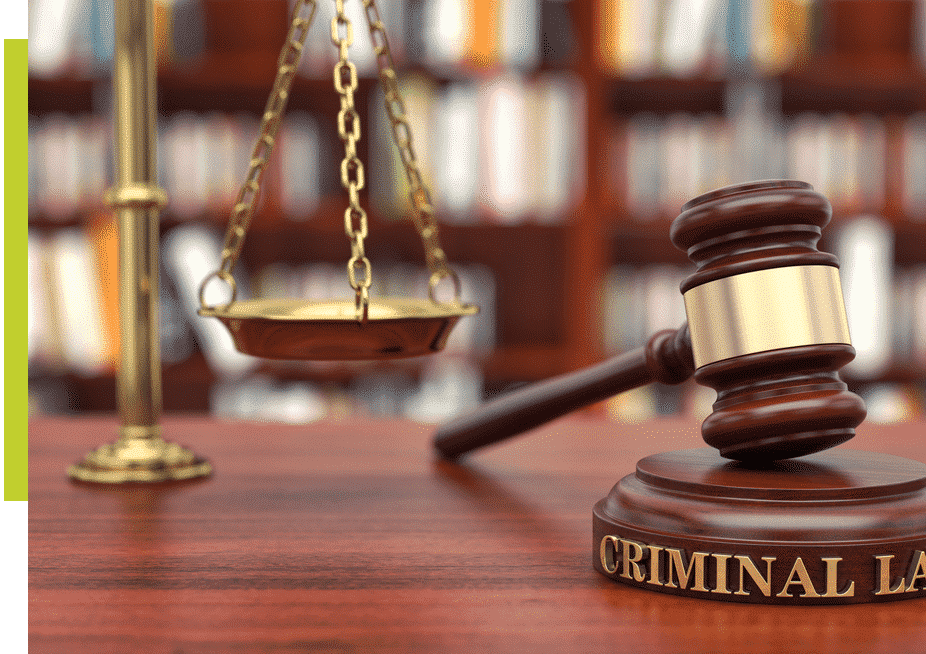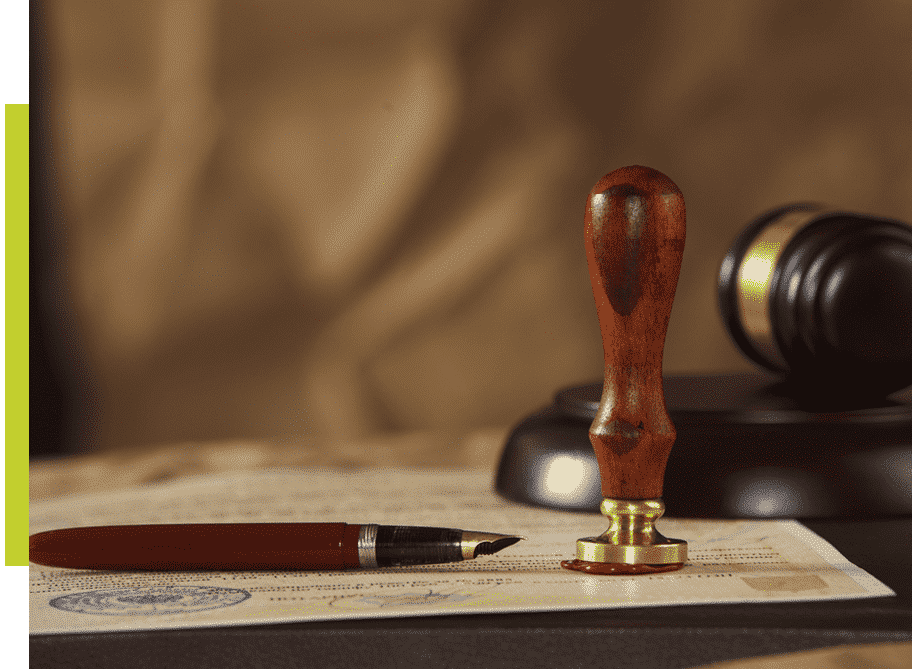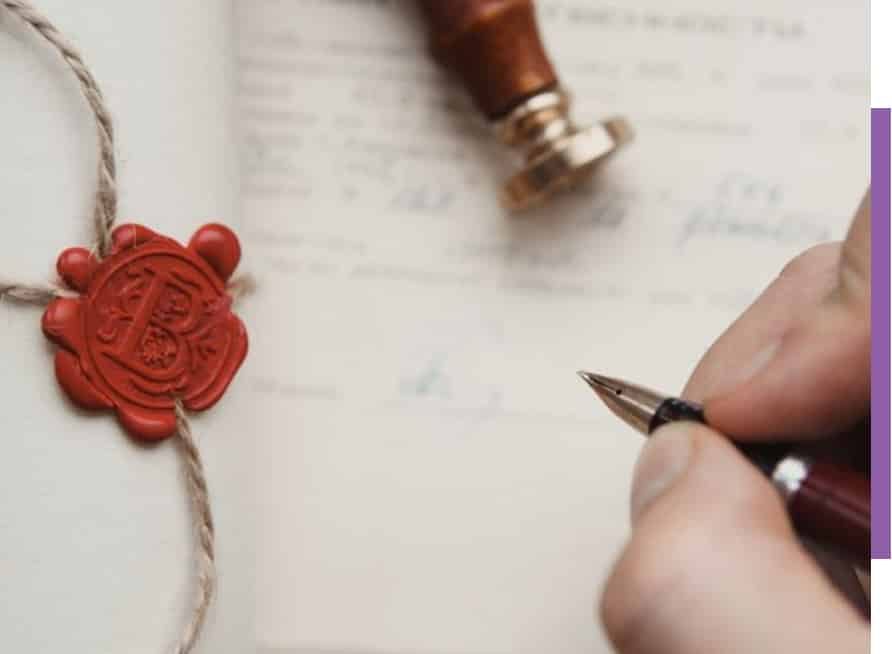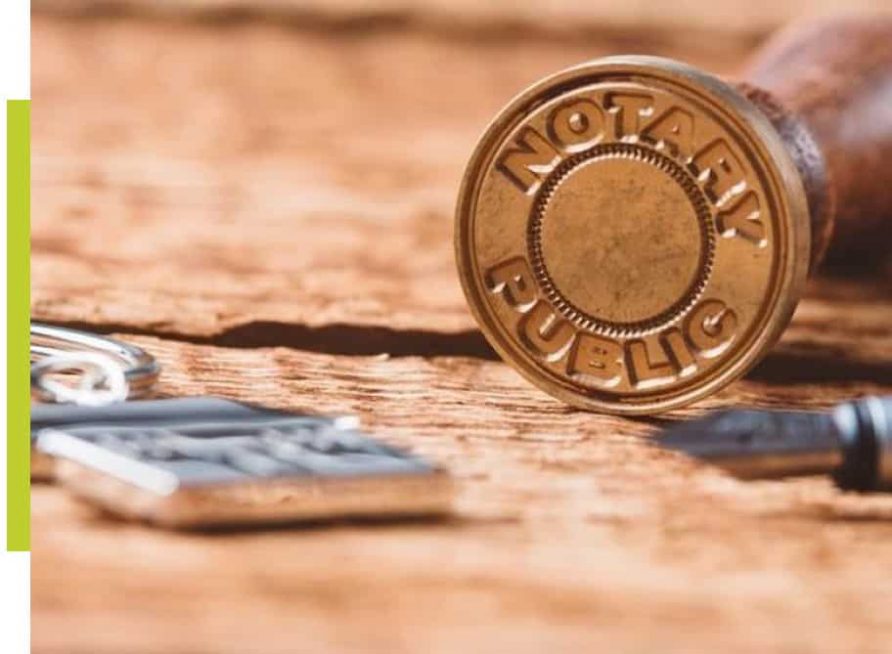

At Clarence Valley Legal, our Notary Public is on hand to authenticate documents, witness signatures and administer oaths. In order to use your document overseas, you’ll need to get it notarised by a Notary Public.
Our team not only offers notarial services but can advise on the next steps to take to ensure your document is accepted in your intended country. In many cases, the signature and seal of a Notary needs to be legalised by the Australian Department of Foreign Affairs & Trade (DFAT). While this may seem complicated, we’ll guide you through the steps.

To be recognised as legitimate and legal overseas, documents must be certified by a Notary Public. The Notary will authenticate the contents of the document and verify the identity, capacity and will of the person signing. Our Notary Public Susan was appointed by the Supreme Court of New South Wales in 2018. She is able to notarise a range of documents, including contracts, land conveyances, powers of attorney, wills and corporate documents.
There are many requirements to become a Notary Public in this state, including completing the Notarial Practice Course, practicing law for at least five years and being officially appointed. All Notaries are documented in the Roll of Public Notaries maintained by the Board. From authenticating the identity of a person signing a document to certifying true copies, Susan provides a range of notarial services. As a qualified lawyer, she is also able to prepare legal documents such as Power of Attorney and transaction agreements.


To be recognised overseas, many legal documents need to be certified by the Australian Department of Foreign Affairs & Trade (DFAT), in addition to being certified by a Public Notary. We can guide you through this process and provide specific advice for your situation. DFAT will endorse the Notary’s document by issuing either an Apostille Certificate or Authentication Certificate.
In some cases, the document will then need to be certified at the Consulate or Embassy of the foreign country to which it is to be sent. This essentially certifies that the Australian Government’s seal and signature on the document is correct. To find out more, get in touch with our lawyers in Grafton.

If you’ve never required the services of a Notary Public before, you may be wondering if there is a difference between this and a Justice of Peace. The answer is yes, there is quite a big difference.
A Notary Public is able to take oaths, sign and witness documents for use both inside and outside of Australia, while a Justice of the Peace (JP) exclusively witness documents for use in Australia. A Notary Public is also a qualified lawyer and in New South Wales they need to have been practicing for at least five years before they can be admitted by the Supreme Court.

Monday
Tuesday
Wednesday
Thursday
Friday
Saturday
Sunday
9:00am – 5:00pm
9:00am – 5:00pm
9:00am – 5:00pm
9:00am – 5:00pm
9:00am – 5:00pm
Closed
Closed